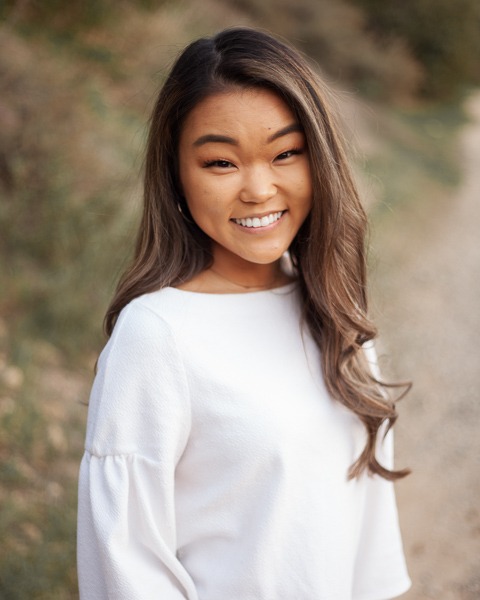Depression can be isolating and crippling. It keeps you in bed all day, it keeps you from getting your work done, it keeps you from being able to focus on anything, from getting your work done, from being able to concentrate. So you do all these things to not feel that way, to try to fix the problem. But instead, you’re finding that it’s perpetuating those feelings of hopelessness, of sadness, of loneliness.
The tools you’ve been using aren’t helping with depression
There are common things that people do to try to not feel that way, whether it’s engaging in addictive behaviors, downplaying your neediness to other people, or even using a lot of positive phrases and positive affirmations. So, I’m going to explore those things briefly in this video.
1. Addictive Behaviors
The first, addictive behaviors, might look like overeating, over-drinking, or even hurting yourself. And you do these things to not feel so lonely, to not feel so sad, but instead, you find yourself feeling really guilty afterwards and not feeling any better.
2. Downplaying your Neediness
Or maybe you try to downplay your neediness to others, which might look like not letting other people in on how you’re feeling so that you can try to save those relationships and keep them around. But instead, you’re finding yourself continuing to feel isolated, lonely, and depressed, even when you’re around those individuals.
3. “Positive” Thinking
Or maybe you’ve tried to think really positively – to have these phrases like “it’s all gonna be okay” or “what’s meant to be will be.” But you don’t find yourself believing in those things or feeling any better after you’ve told yourself those things.
You need a different tool for depression: a safe relationship.
What you’re really craving is a safe relationship where you can feel okay to be yourself, to be vulnerable. I don’t know who comes to mind for you when you think of just one safe relationship. Maybe that could be your mom, your dad, a sibling, a coworker, a friend. Or maybe you’re finding that no one comes to mind for you. And that’s okay.
That’s where therapy comes in. That’s where I come in. It’s a space where you can learn to feel safe, where you can learn to feel okay with how you feel, and to not feel so lonely or hopeless. So I’d encourage you today to either think of one person that you can start opening up to or to take a step forward to come in for therapy.


